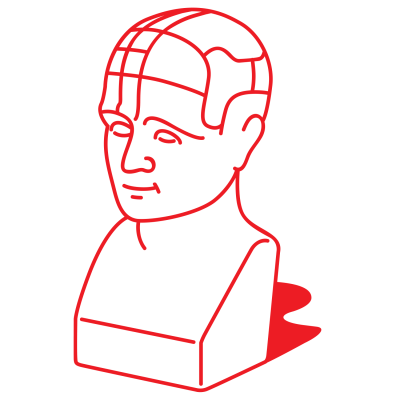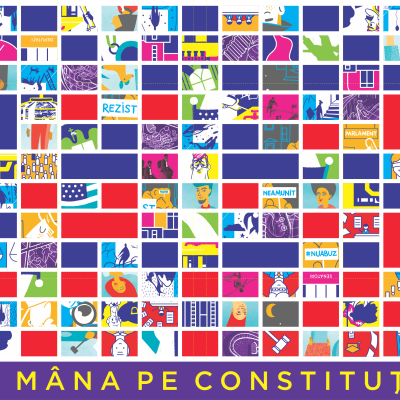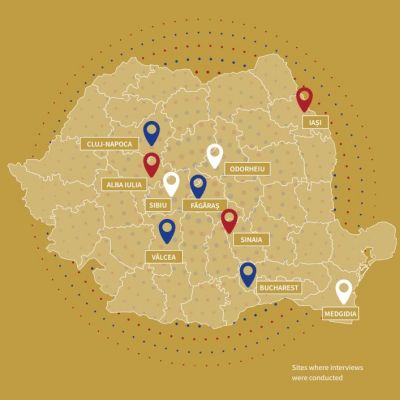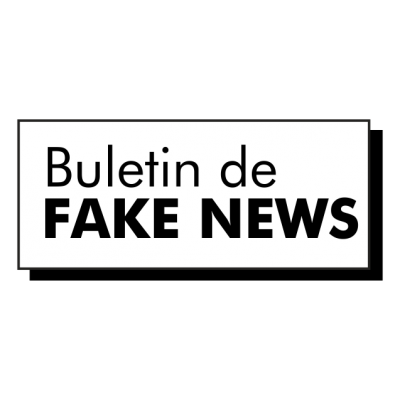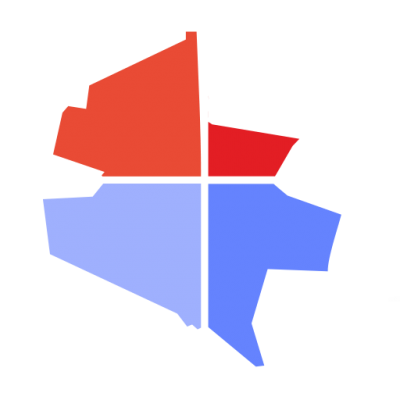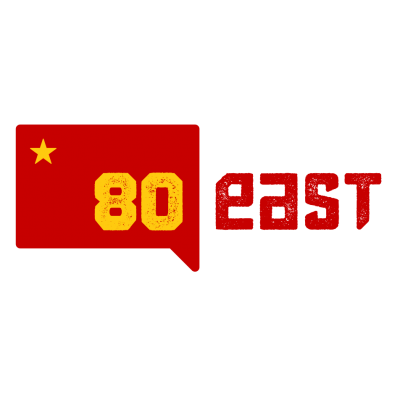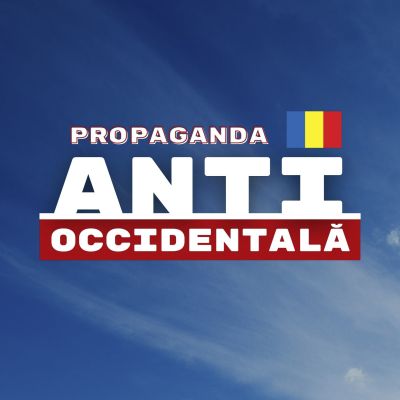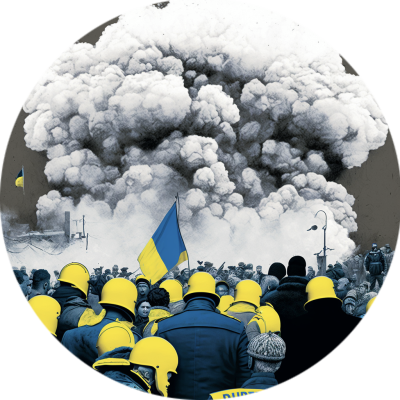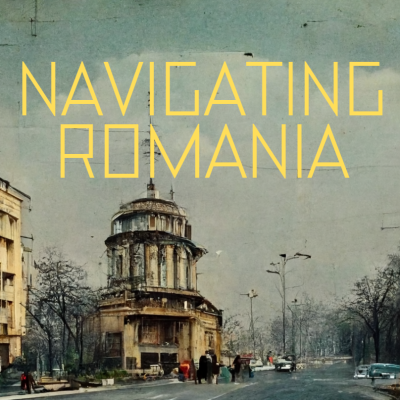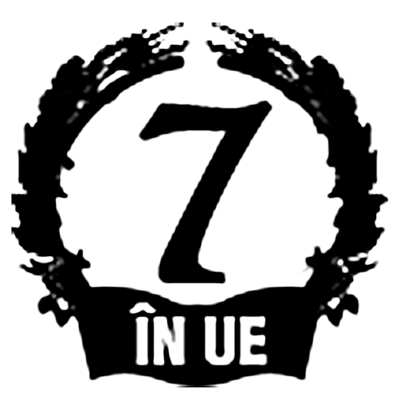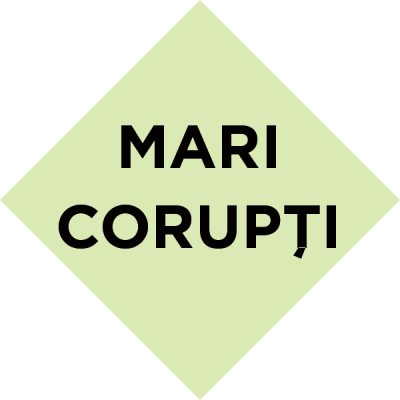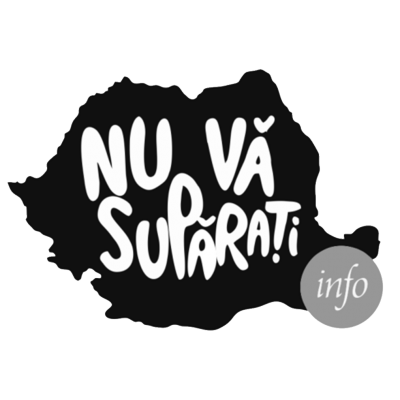Motivation
The elections in Romania permanently bring back on the public agenda problems faced by the institutions responsible for organizing electoral processes, non-governmental organizations or electoral competitors. But often they remain unsolved. They appear at both the legislative and institutional levels and are noted in independent reports, published by non-governmental organizations or international institutions, such as the OSCE / Office for Democratic Institutions and Human Rights (ODIHR). The number of independent election observers remains low, and the pressure to implement an Electoral Code that addresses many of the problems in the election process is not strong enough.
Goal
The purpose of the project "Vote EUropean for Romanian elections" is to monitor the functioning of the legislative and institutional system, in order to propose together with stakeholders changes that will lead to its long-term efficiency. At the same time, the project aims to: inform the general public about voting procedures, reporting fraud and the purpose of the election; strengthening the framework for organizing and conducting the May 2014 elections by collaborating with relevant institutions; improving the general procedures for organizing elections in Romania by proposing a set of public policies.
Calendar and supporters
The project is carried out with the financial support of the Civic Innovation Fund, a program funded by the Trust for Civil Society in Central and Eastern Europe, administered by the Foundation for Civil Society Development. It is a short and objective project, so in the 3 months of activities we will try to be as efficient as possible. We are pleased to be the partners of Expert Forum, together with the Romanian Center for European Policies and the Ratiu Center for Democracy in a project that addresses issues related to decision-making transparency, polling station organization procedures, staff training strategy elections, electoral education and others.
The elections in Romania permanently bring back on the public agenda problems faced by the institutions responsible for organizing electoral processes, non-governmental organizations or electoral competitors. But often they remain unsolved. They appear at both the legislative and institutional levels and are noted in independent reports, published by non-governmental organizations or international institutions, such as the OSCE / Office for Democratic Institutions and Human Rights (ODIHR). The number of independent election observers remains low, and the pressure to implement an Electoral Code that addresses many of the problems in the election process is not strong enough.
Expert Forum together with the three partners of the project - the Romanian Center for European Policies, the Ratiu Center for Democracy and Funky Citizens - will address issues related to decision-making transparency, polling station organization procedures, staff training strategy elections, electoral education and others.
The purpose of the project is to monitor the functioning of the legislative and institutional system, in order to propose together with the stakeholders factors that will lead to its long-term efficiency.
At the same time, the project aims to:
• Informing the general public about voting procedures, reporting fraud and the purpose of the election
• Strengthening the framework for organizing and conducting the May 2014 elections by collaborating with relevant institutions
• Improving the general procedures for organizing elections in Romania by proposing a set of public policies
The most important activities of the project are:
• Publishing a voter guide and disseminating to the general public
• Development of an online platform for elections
• Monitoring electoral legislation and developing a set of recommendations for the Central Electoral Bureau to address identified deficiencies and vulnerabilities. See here the list of recommendations. See here for a list of recommendations
• Monitoring the activities of central and county institutions responsible for organizing elections
• Elaboration of a set of proposals and transmission to the Permanent Electoral Authority in order to improve the procedures for organizing elections, starting from good practices at international level. See here the list of recommendations. See here for a list of recommendations
• Publishing and launching a public policy brief to strengthen the electoral administration system




